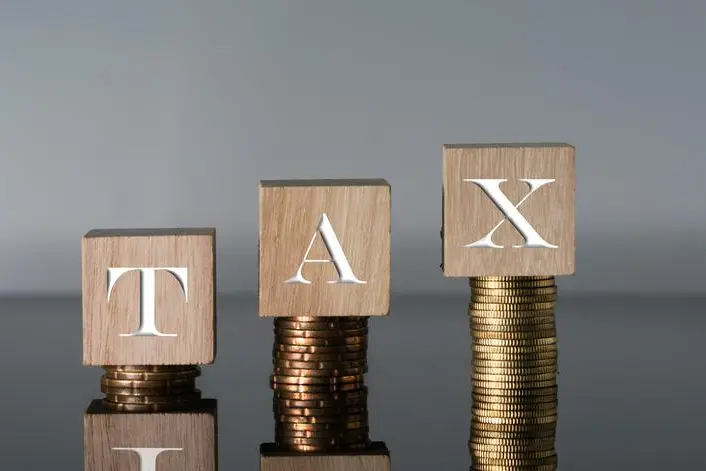PHOTO
New Delhi: Goods and Services Tax (GST) collections in July, in gross terms, were at Rs 182,075 crore, with a yearly jump of 10.3 per cent.
In July 2023, the total collection was to the tune of Rs 165,105 crore. CGST, SGST, IGST, and cess all increased year-on-year in July, data made available on Thursday showed.
So far in 2024, the total GST collection has been 10.2 per cent higher at Rs 7.38 lakh crore, as against Rs 6.70 lakh crore mopped up in the corresponding period of 2023.
In April, the total GST mop-up surged to a record high of Rs 2.10 lakh crore.
In May and June, the collections were at Rs 1.73 lakh crore and Rs 1.74 lakh crore, official data showed.
During the financial year 2023-24, the total gross GST collection was recorded at Rs 20.18 lakh crore, with an 11.7 per cent increase compared to the previous fiscal year.
The average monthly collection for the fiscal year, that ended in March 2024 stood at Rs 1.68 lakh crore, surpassing the previous year's average of Rs 1.5 lakh crore.
The surge in recent GST collections reflects a positive trajectory for India's economy, underscoring robust domestic consumption and buoyant import activity. The figures bode well for the country's fiscal health and economic recovery efforts, signalling resilience amidst global uncertainties.
The Goods and Services Tax was introduced in the country with effect from July 1, 2017, and states were assured compensation for loss of any revenue arising on account of the implementation of GST as per the provisions of the GST (Compensation to States) Act, 2017 for five years.
Hair oil, toothpaste, soap; detergents and washing powder; wheat; rice; curd, lassi, buttermilk; wristwatches; TV up to 32 inches; refrigerators; washing machines, mobile phones, are among key items on which GST rates have been slashed substantially, or for some kept at zero, benefiting people of this country.
A recent Finance Ministry study suggested that consumers saved at least four per cent of their household monthly expenses on an aggregate after GST. Thus, consumers now spend less on daily consumables like cereals, edible oils, sugar, sweets and snacks.
The GST regime removed the inefficiencies and complexities of the previous archaic taxation system. Over the years, GST has, among others, simplified compliance and reduced the cascading impact of tax. Before July 1, 2017, the indirect tax regime was highly fragmented. The Centre and States were separately taxing goods and services.
The GST Council, a federal body comprising the Union Finance Minister as its Chairman and Finance Ministers of all States as members, has played its part in the forum.
© Muscat Media Group Provided by SyndiGate Media Inc. (Syndigate.info).





















